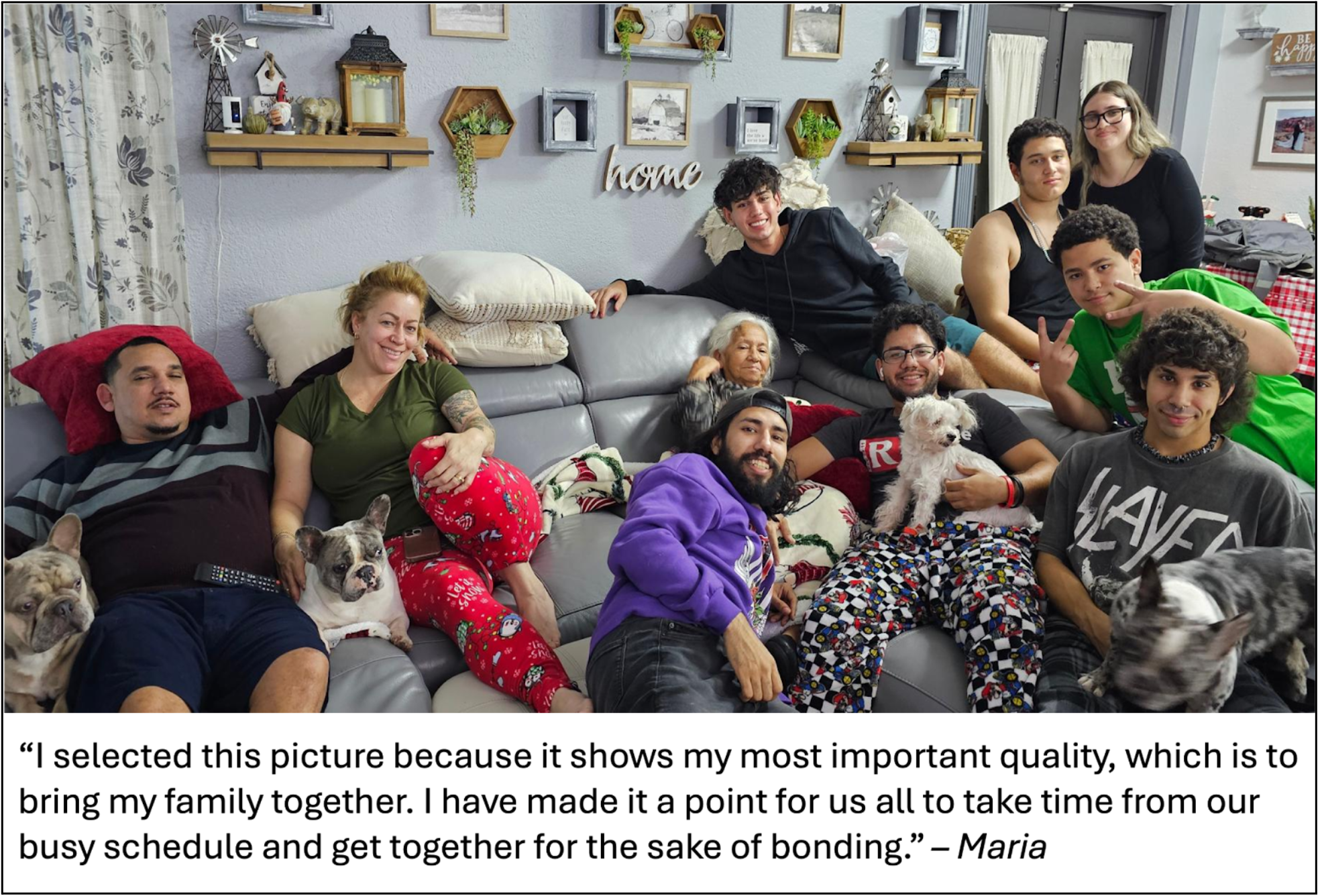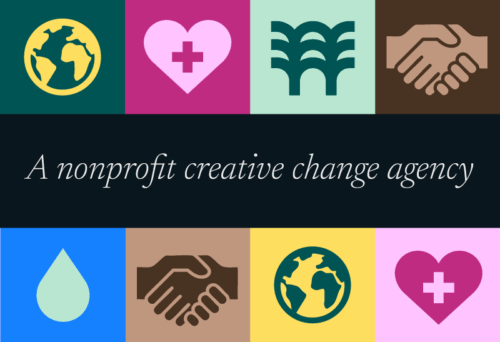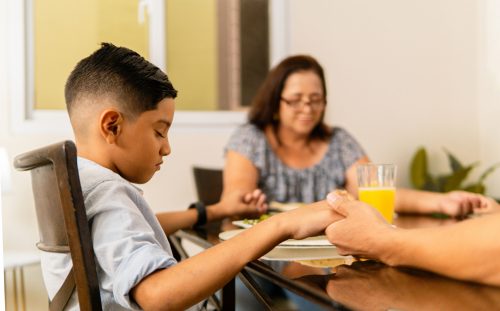
Latine voting power gets a lot of commentary and analysis nowadays, with national surveys tracking voters’ movements toward Donald Trump last November and now signs of shifting away. Political maneuvering has also made the community a prime target for disinformation on climate change in recent years. Myths spread by the oil and gas industry and its allies play on economic fears around job losses and livelihoods, as well distrust in institutions.
While it might be intuitive to counter those myths head-on with economic messaging of our own, we’re seeing evidence that with many in the Latine community it may be more effective to connect to other values instead — namely family, faith and caring for the health of vulnerable residents.
These findings come in online opinion research this year with Latine respondents nationwide that Resource Media’s La Madre Tierra project conducted in close partnership with GreenLatinos, an organization that has been actively working to bust climate myths through culturally relevant content.
As GreenLatinos’ Juan Pablo Alvarado observes about the industry disinformation, “by targeting the Latine community and sowing that doubt and fear, it leads people to continue to invest in big oil and other fuels that are contributing to climate change. It’s more money for them at the end of the day.”
Disinformation on climate is especially reaching the Latine community via social media, so we conducted testing of social media style posts incorporating images with accompanying narrative text. Following are top takeaways from our research.
Family, Faith, Health
The disinformation that climate change is natural — and that giving up fossil fuels won’t make a difference — is unfortunately impactful for the industry when coupled with imagery and messaging emphasizing oil and gas jobs. It particularly affects the views of Latine 2024 Democratic voters, women and individuals living on low-incomes.
In response, our research found that it will work well to lean into communications and storytelling that center the following:
- Family — the theme that a safe climate is about our families’ future, especially for the younger generation. “Nothing is more important than the health, safety, and well-being of your family. We all deserve the chance to see our families grow and thrive. The best way to keep them safe from the worst effects of human-caused climate change is to stop burning fossil fuels like oil and natural gas, and replace them with clean energy. It’s our best bet for creating safer jobs and a healthy environment for our children and grandchildren.”
- Health — the theme that addressing climate change and extreme heat matters for people’s health, especially those most vulnerable. “Rising temperatures are a growing health threat to societies, worsened by climate change due to fossil fuels like oil and natural gas. Extreme heat is not just uncomfortable — it’s dangerous for our communities, especially our children and the elderly whose bodies are more vulnerable to extreme conditions. People who work outdoors are also at greater risk, including farm workers, construction workers and landscapers.”
- Faith — the theme that protecting God’s creation means acting to protect our climate. “We have a responsibility to care for the Earth that God has entrusted to us. Extreme weather like destructive and dangerous storms is a result of human-caused climate change. To protect God’s creation–including our families and communities–we must break the harmful cycle of burning fossil fuels like oil and natural gas, and embrace a clean energy future.”
Even in the face of the industry’s disinformation, these three narratives help move key subgroups to reject the claim that climate change is a natural phenomenon that humans have not affected at all. There are some differences in what will resonate best with whom: the family and health themes are most effective with Latine Democrats, while the faith theme resonates best with Latine Republicans and women.
The health threat posed by extreme heat was also the most effective theme overall for countering the myth that climate change is not dangerous. It moved the needle well with respondents in our research who were unsure or disagreed that climate change is harmful for their community.

Consistent findings across studies
It’s always instructive when multiple studies and different methodologies turn up similar results, and this is the case with findings we’ve shared here. In the ethnographic online research we commissioned and shared at last summer’s La Madre Tierra virtual convening, “family” emerged as the #1 top priority overall for the Latine and Indigenous participants in that research.
These strong values around family came through in participants’ dedication to caregiving for their children, siblings, parents and other extended family members. It’s a dedication regarded as both a responsibility and a privilege, and also one that brings personal fulfillment and happiness. Revisiting some of the images and comments participants provided over the course of the study, it’s easy to see why the family-centric theme was so successful in this year’s research project with GreenLatinos on countering disinformation.

The other two themes we saw working well in countering climate disinformation — faith and concern for the health of vulnerable groups — came through clearly in the ethnographic research as well. Participants in that study expressed particular concern about the effects of climate and pollution on the health and wellbeing of children, noting issues such as asthma and anxiety. Some participants also shared their values around religion, faith and spirituality as a guiding force in their lives.
In addition to the research projects we’ve highlighted here, La Madre Tierra has also worked closely with other partner organizations this year on creative digital outreach efforts that have likewise produced useful learnings and results that we will be sharing in the coming weeks and months. In the meantime, stay up to date on our work through the La Madre Tierra initiative and connect with us.
More Insights and Resources


Building Power for Immigrant Justice with Data-informed Audience Selection

